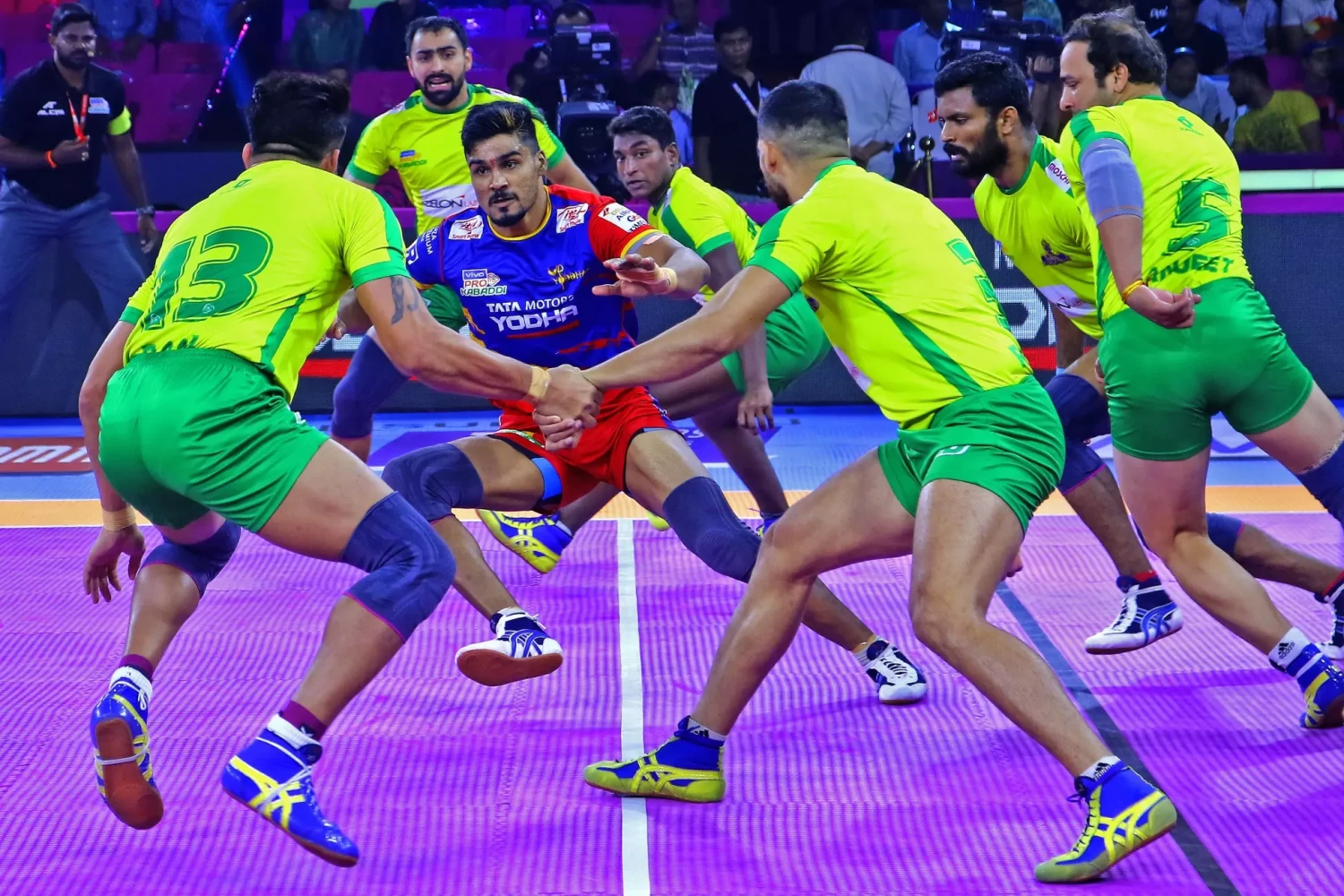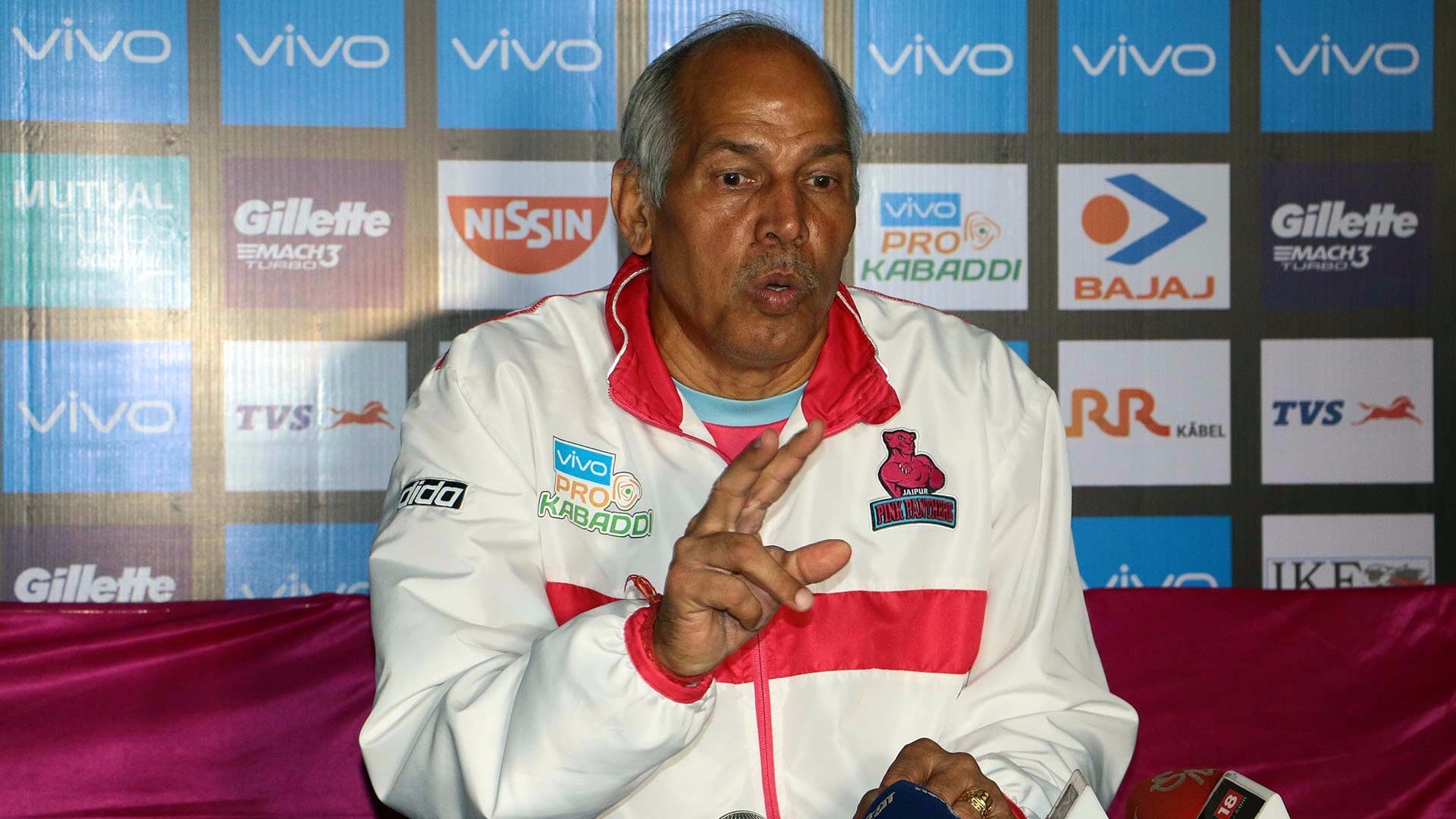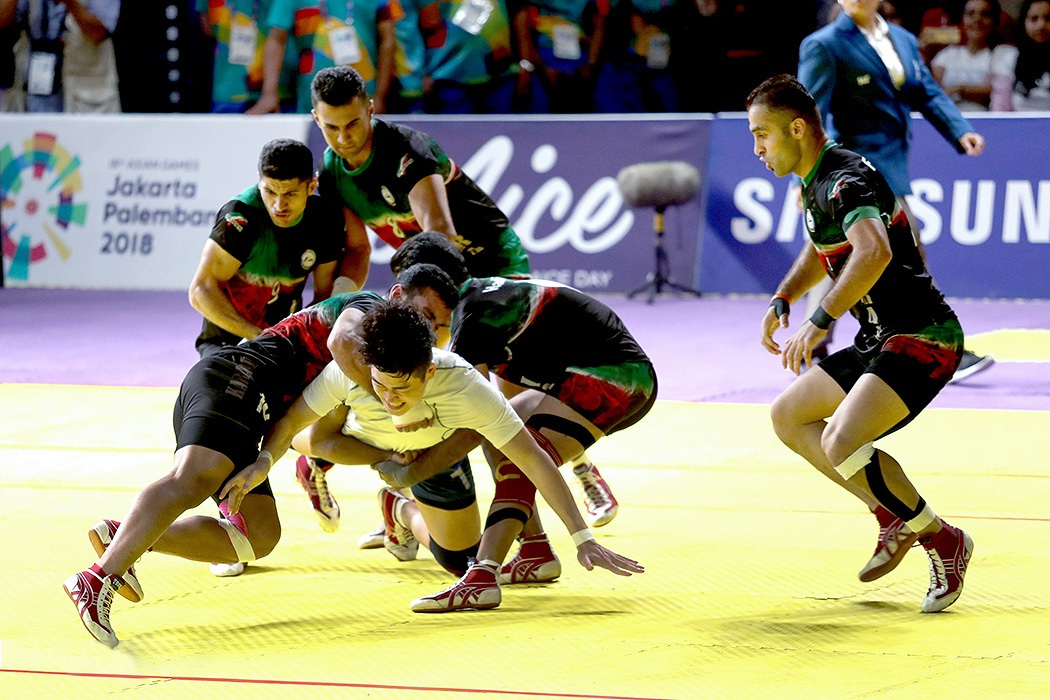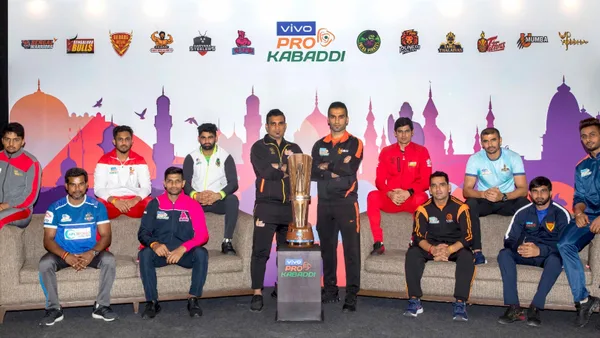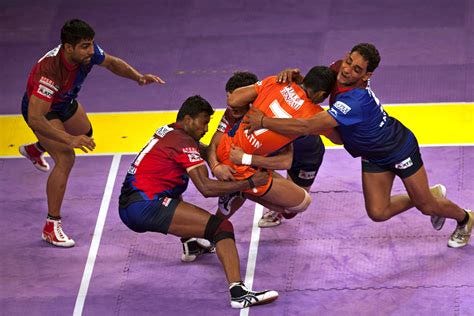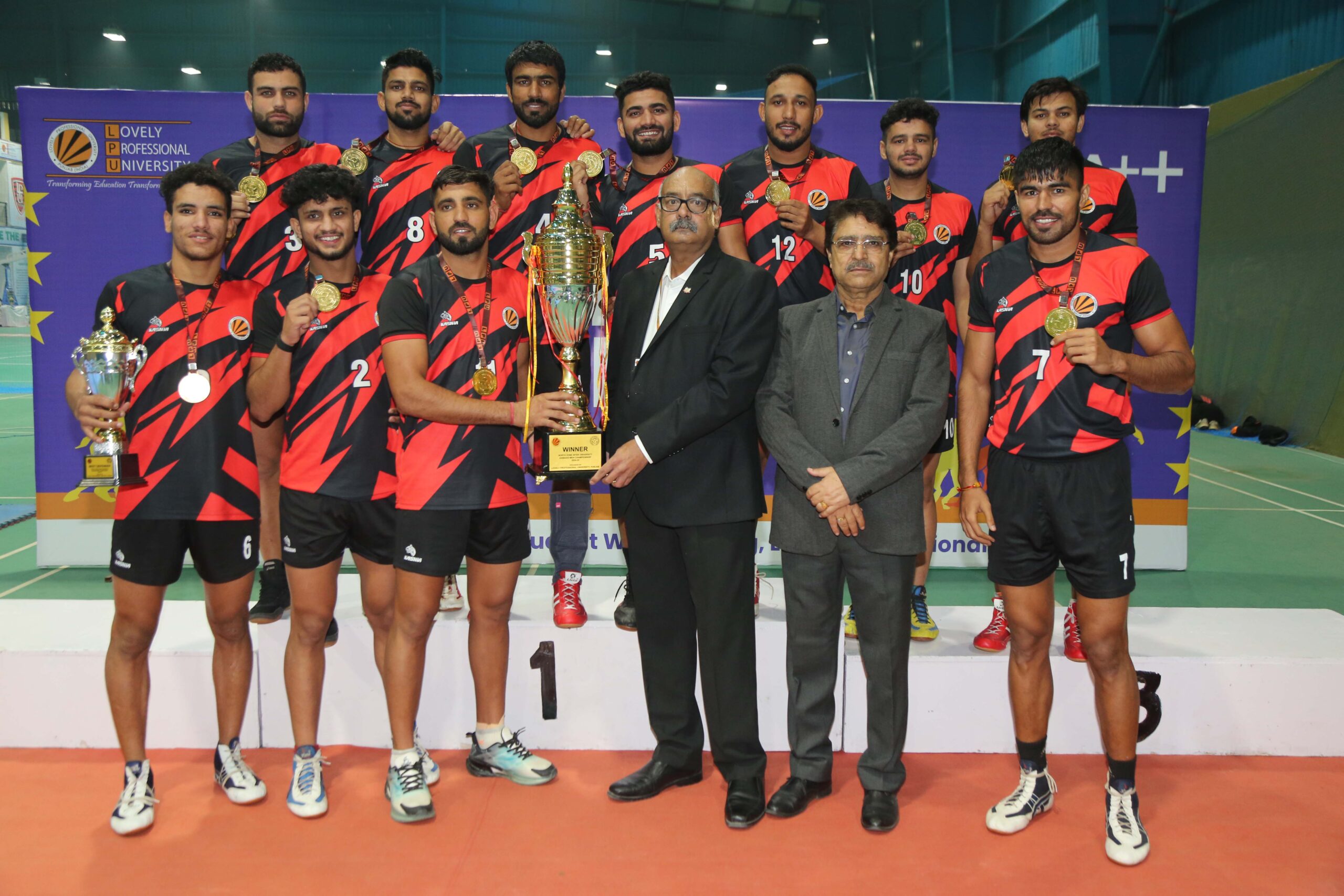In Kabaddi, the role of the coach or mentor extends far beyond simply teaching players how to tackle or raid. Coaches are responsible for shaping players into well-rounded athletes, teaching them essential skills, strategies, and mental toughness. They act as guides who help players reach their full potential, ensuring that their development is not just physical but also psychological. In this article, we will explore the crucial role of Kabaddi coaches and mentors in fostering player growth.
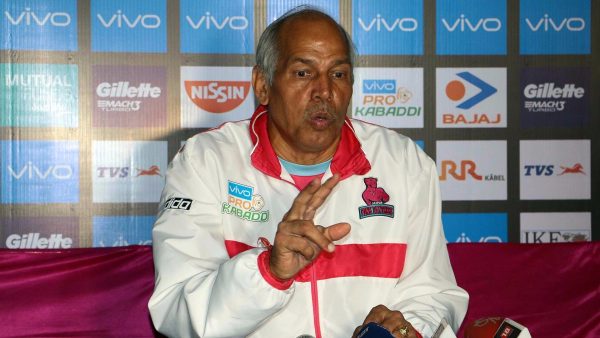
- The Role of Coaches in Kabaddi: More Than Just Training
A Kabaddi coach is responsible for overseeing a team’s performance and guiding players to improve their skills. Coaches also provide strategic insights and foster a positive, motivating environment that encourages players to give their best.
Key Responsibilities of a Kabaddi Coach:
- Technical Training: Coaches teach players the technical skills needed for Kabaddi, such as how to execute successful raids, how to defend efficiently, and how to build team strategies. Without this guidance, players would struggle to perform at a high level.
- Tactical Strategies: Coaches analyze opponents’ strengths and weaknesses and create strategies to outsmart them. They adjust the team’s approach depending on the match’s dynamics, ensuring that the team always stays one step ahead.
- Mental Conditioning: Coaches also work on the mental side of the game. Building mental toughness, teaching focus, and helping players manage stress are all part of a coach’s job. Kabaddi is a fast-paced, high-pressure sport, and mental resilience is key to success.
Advanced Tips for Kabaddi Coaches:
- Focus on Individual Development: While team strategy is important, each player has unique needs. Focus on personal growth and adjust training to improve individual weaknesses.
- Build Mental Resilience: Mental conditioning is often overlooked, but it can make a huge difference. Incorporate mindfulness and focus exercises into your training routine to help players manage the stress of the game.
- The Mentor’s Role in Kabaddi: Guiding Players Beyond the Mat
Mentors are crucial to a player’s development in Kabaddi. While coaches focus on the technical and tactical aspects, mentors serve as role models, offering guidance and support both on and off the mat. Their role is about helping players grow into leaders and successful athletes, providing insight into career management and personal growth.
Key Responsibilities of a Kabaddi Mentor:
- Providing Emotional Support: Mentors are often the first point of contact for players when they are feeling overwhelmed or discouraged. They provide emotional support, helping players build confidence and keep a positive mindset.
- Career Guidance: Mentors guide players through their careers, offering advice on how to handle success, manage setbacks, and plan for the future. They help players navigate the challenges that come with professional Kabaddi, ensuring players stay grounded and focused.
- Instilling Leadership Skills: Mentors help players develop leadership qualities. They encourage players to take initiative, communicate effectively, and lead by example. Kabaddi requires teamwork, and having strong leaders can help a team perform at its best.
Advanced Tips for Kabaddi Mentors:
- Cultivate Leadership: Encourage players to take responsibility on the field. Provide opportunities for them to lead drills, guide younger players, and step up during critical moments in matches.
- Offer Real-Life Advice: Beyond Kabaddi, mentors can help players make wise decisions regarding their personal and professional lives, from managing finances to handling fame.
- Creating a Winning Team: How Coaches and Mentors Collaborate
A successful Kabaddi team is the result of teamwork, not only between the players but also between the coaching and mentoring staff. A coach’s technical knowledge combined with a mentor’s emotional support creates a balanced approach to player development and success.
How Coaches and Mentors Work Together:
- Complementary Roles: While the coach focuses on the game’s technicalities, the mentor provides the emotional and psychological support needed to help players maintain focus and resilience.
- Creating a Positive Team Environment: The collaboration between coaches and mentors ensures that players feel supported both on the field and off. By building strong relationships with players, coaches and mentors create a positive, nurturing team environment that fosters success.
- Constant Communication: Coaches and mentors need to communicate constantly about each player’s needs, progress, and challenges. By working together, they ensure a holistic approach to player development.
Advanced Tips for Coaches and Mentors:
- Maintain Open Dialogue: Regular communication between coaches and mentors helps both parties stay aligned with the players’ goals and challenges.
- Provide Balanced Support: Coaches and mentors should strike a balance between pushing players to reach their potential and providing support when needed. Both aspects are essential for long-term success.
- The Evolution of Kabaddi Coaching: Embracing Modern Techniques
With the sport of Kabaddi becoming more competitive and professional, the role of the coach has evolved. Modern coaching techniques now incorporate advanced technology, fitness tracking, and data analysis to improve performance.
Emerging Trends in Kabaddi Coaching:
- Data Analysis: Coaches are increasingly using video analysis and performance data to study players’ movements, tactics, and performance. This helps them develop more effective strategies and identify areas for improvement.
- Fitness Tracking: Coaches are using wearable devices to track players’ physical performance. These tools monitor heart rate, speed, and movement patterns, allowing coaches to customize training plans and ensure players are in peak physical condition.
- Mental Conditioning: As mental toughness becomes more important in Kabaddi, coaches are integrating mental conditioning practices into their routines. Techniques such as mindfulness and visualization help players stay calm under pressure.
Advanced Tips for Coaches:
- Leverage Technology: Incorporate video analysis, fitness trackers, and mental conditioning tools to monitor progress and tailor training routines to each player’s needs.
- Stay Updated with Trends: Keep up with new trends and techniques in coaching. Whether it’s using VR for strategy sessions or new recovery tools, staying updated will give your team a competitive edge.
- The Future of Kabaddi Coaching and Mentorship
As Kabaddi grows globally, the role of coaches and mentors will become even more important. Future coaches will need to adapt to new technologies, changing player dynamics, and global competition.
What the Future Holds for Kabaddi Coaches and Mentors:
- Globalization of Kabaddi: As Kabaddi becomes more international, coaches and mentors will need to learn from different cultures and adapt to the varied playing styles emerging around the world.
- Increased Focus on Player Welfare: The future of coaching will also involve a greater emphasis on player welfare, including mental health, injury prevention, and post-career planning.
- Adapting to Technological Advancements: Future coaches will need to integrate more technology into their practices, using tools like motion capture, biomechanics, and performance analytics to enhance training.
Advanced Tips for Future Coaches:
- Embrace Global Best Practices: As the sport expands internationally, take inspiration from successful Kabaddi leagues worldwide. Learn from the best and bring those insights into your coaching strategies.
- Support Player Growth Beyond the Game: Help players plan for life after Kabaddi by guiding them on career opportunities, education, and personal development.
